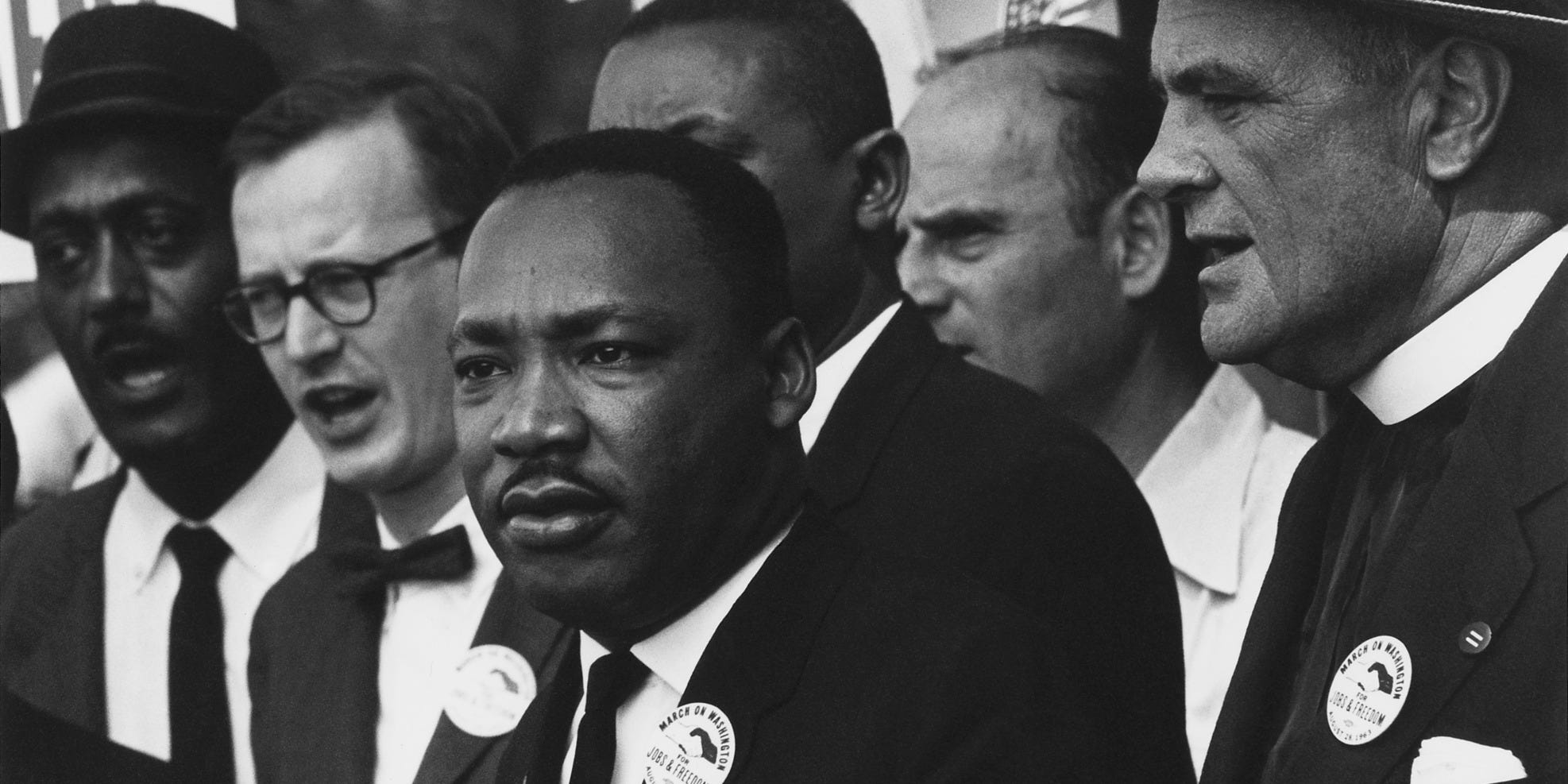- Protests have spread to dozens of US cities in response to the May 25 killing of Minneapolis man George Floyd.
- According to The Washington Post, curfews have been imposed in over 200 cities in at least 27 states in recent days, impacting over 60 million US residents.
- On Monday, Trump threatened military action and “strongly recommended” that governors deploy National Guard troops to “dominate the streets” and quell protests.
- According to Reuters, these types of actions have not been seen since protests broke out following the assassination of Martin Luther King, Jr. in 1968.
- Visit Insider’s homepage for more stories.
Dozens of cities around the US have imposed curfews in response to protests that have reignited around the country in the wake of George Floyd’s death.
Protests have spread to at least 140 cities over the past eight days in response to Floyd’s May 25 death. Floyd, a black man, became unresponsive while being knelt on by a Minneapolis police officer for several minutes. He told the officers involved during the incident that he couldn’t breathe and died while in police custody.
According to The Washington Post, curfews have been imposed in over 200 cities in at least 27 states in recent days, impacting over 60 million US residents.
Protests have escalated in recent days, and while many have remained peaceful there have been clashes between police and demonstrators. Officers have used chemical irritants and rubber bullets to clear out crowds in Washington, DC, while some offshoot groups have been caught on video in states like New York and California looting stores and setting fires. Several journalists have been beaten and arrested while covering demonstrations; a man in Kentucky was shot and killed during protests in Louisville.
On Monday, Trump threatened military action and "strongly recommended" that governors deploy National Guard troops to "dominate the streets" and quell protests.
According to Reuters, these types of curfews have not been imposed since protests broke out following the assassination of Martin Luther King, Jr. in 1968.
King, a Nobel Peace Prize winner and one of America's most prominent civil rights leaders, was fatally shot in Memphis, Tennessee, on April 4, 1968. His death led to a period of mourning and a wave of rioting that highlighted the divide between white and black Americans and brought attention to institutionalized racism.

Violent protests broke out in over 100 American cities following King's killing. According to History.com, the National Guard deployed thousands of troops in several cities, including Wilmington, Delaware, which lasted a full year - the longest military occupation of any US city in history.
According to the Smithsonian, the months that followed King's death were met with rioting, looting, and burning businesses in cities like Cincinnati, Baltimore, and Washington, DC. Curfews were imposed in dozens of cities like Memphis and Raleigh, North Carolina.
King's death and the violent aftermath set the stage for major rights movements in the years following. Peniel Joseph, a scholar on race issues in America, wrote in The Washington Post in 2018:
"King's death did not end the civil rights movement or signal the defeat of efforts to reimagine American democracy on behalf of the poor, disenfranchised, imprisoned and suffering. In fact, these movements proliferated during the first half of the next decade, in many ways institutionalizing themselves into the fabric of liberal democratic capitalism through legislative protections for children's health insurance, the environment, the mentally and physically challenged, and many other disadvantaged groups."
Bernice King, the daughter of Martin Luther King, Jr. and activist Coretta Scott King, spoke out about Floyd's murder on Tuesday and said current protests across the US would make likely her parents proud.
"I just think my father and my mother would be extremely proud," she told ABC News program "Good Morning America." "My mother said something so essential. She said, 'Struggle is a never-ending process. Freedom is never really won.' We earn it and win it in every generation and these diverse group of young people are earning and winning this freedom. We may not see the total manifestation yet, but it is on its way because of their determination and vigilance."
